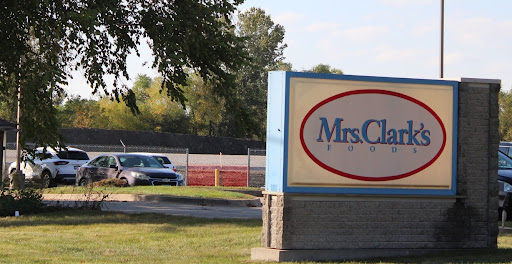Report: U.S. visas should focus on economic development

The American Action Forum and the Concord Coalition today released a nonpartisan report that calls on the U.S. government to focus decisions on granting visas on the economic development ramifications, instead of mainly family considerations.
The national release held at Drake University at an event sponsored by the Greater Des Moines Partnership featured AAF President Douglas Holtz-Eakin and the group’s director of immigration and trade policy, Jacqueline Varas. Iowa GOP activist David Oman, who consults with Concord, and Joe Murphy, the Partnership’s lead staffer on government affairs, also made comments.
“We want to shift the flow of immigrants to emphasize people who have skills that are good for the economy,” said Varas. Australia and Canada already do this, in large part.
Holtz-Eakin said the aging of baby boomers and the already low unemployment rate will spell trouble if the United States doesn’t act to change a visa system that has left the Partnership and others asking for changes for years.
“The U.S. will be Japan without changes in immigration,” Holtz-Eakin said. “By making smart choices on immigration, we get to pick our future,” he added.
The report makes three central points:
— The U.S. real gross domestic product per capita will rise by 1.1% per year on average over the next decade, down from an average of 2.1% in recent decades.
— Immigration helps push increases in total output and income, as well as in productivity, income per capita, and the standard of living.
— A new point system for granting visas could help by focusing on human capital, skills and entrepreneurship. As it is, just 15% of visas are granted based on economic considerations. The point system would look at English proficiency, education, age, employment experience, entrepreneurship potential, high-demand fields, local economic preferences, family relationships and whether the person graduated from the federal temporary work visa program, a six-year program.
“There’s a huge mismatch between employee demand [for workers] and the number of visas available,” Varas said. One solution would be to grant visas to any worker who meets the minimum point total, instead of setting a limit on the number of visas, she added.
“Right now, they make it almost impossible to come here unless you are related to someone,” Varas said.
Lori Chesser, an immigration lawyer with Davis Brown in Des Moines, said she opposes point systems because they send the process into the political arena. Holtz-Eakin said in response that, in his opinion, the shortage of workers in places like Des Moines won’t be solved without changes in immigration policy, which means the political ramifications must be addressed.
Murphy said he is hoping for broader action on immigration from Congress. “They have shown time and time again that they are sometimes unable to come up with common-sense solutions,” he said.
Said Holtz-Eakin: “There is a hunger out there for actually fixing this.”










